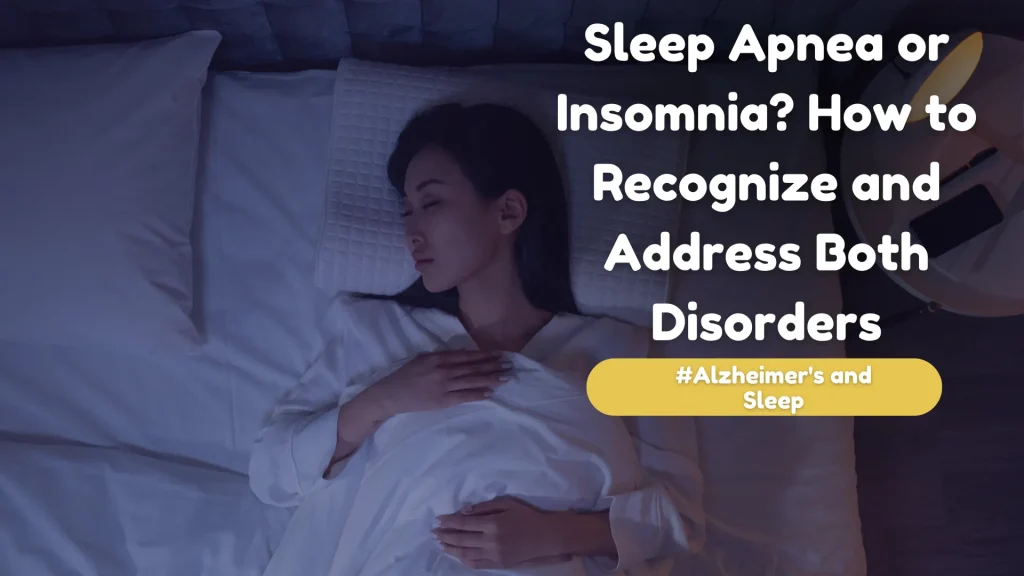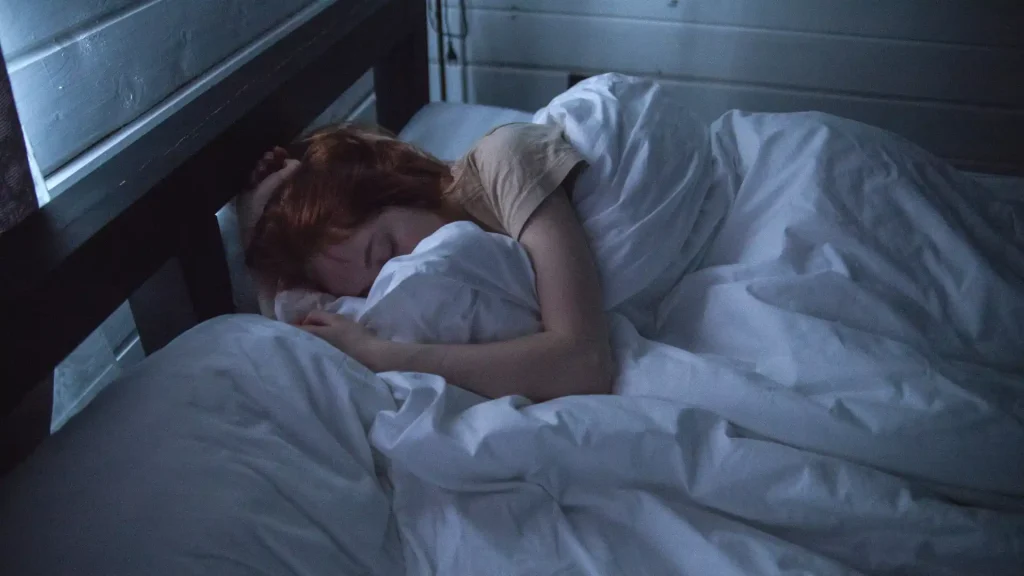Posted on Thursday, November 21st, 2024 at 9:00 am

Sleep apnea and insomnia are two common sleep disorders. Millions of Americans suffer from the maladies. However, while the effects of these conditions often appear the same — and some erroneously use the terms almost interchangeably — the reality is quite different. Here’s what you need to know about the differences between these two conditions, and what you should do if you notice symptoms related to sleep apnea.
Insomnia
Insomnia is a medical condition involving the difficulty in falling asleep or staying asleep. There are two kinds of insomnia: short-term (which lasts for a few days or even a few weeks) and long-term (which is better known as chronic insomnia and lasts for longer than three months). Short-term insomnia is usually caused by external factors (such as stress, traveling through different time zones, or communicable illnesses such as the flu, the common cold, or COVID-19). In contrast, long-term/chronic insomnia is usually caused by physiological issues (such as neurological problems as presented in diseases like dementia and Alzheimer’s disease, mental health disorders, and disorders with intense physical pain).
Symptoms of insomnia include:
- Being accident-prone (excessive “clumsiness,” an impaired ability to operate a motor vehicle)
- Forgetfulness
- Difficulty concentrating
- Excessive irritability and moodiness
- Fatigue, especially during the day
Sleep Apnea
In contrast, there are two types of sleep apnea: obstructive sleep apnea (also known as OSA, which is the most common type) and central sleep apnea (also known as CSA, which is a rare but serious type).
OSA occurs when the upper airway becomes blocked during sleep, disrupting sleep cycles. Left untreated, OSA can lead to other, more serious health problems, including diabetes, cardiovascular disease, and stroke.
CSA occurs due to brain failure. Your brain is responsible for both voluntary movements (such as flexing your arm) and involuntary movements (such as breathing). If your brain fails to send the appropriate neurological signal to the muscles that help you breathe, you will stop breathing (albeit temporarily). These breathing disruptions also disrupt your sleep cycle. If left untreated, CSA will permanently damage your internal organs, including your heart (leading to a condition known as arrhythmia).
Symptoms of OSA & CSA include:
- Feeling excessively tired during the day
- The inability to experience restful sleep
- Excessive moodiness and irritability
- Painful headaches in the morning
Is There a Connection Between Sleep Apnea & Insomnia?

A recent study published in the Sleep Medicine Clinics journal suggested a definitive link between sleep apnea and insomnia. Subsequent studies confirmed that patients who suffered from one condition were up to 50 percent more likely to suffer from the other condition. In other words, if you suffer from insomnia, you are up to 50 percent more likely to suffer from sleep apnea, and vice versa. The study also found that insomnia symptoms are up to 60 percent more likely to present in patients with sleep apnea.
There, then, seems to be clear evidence of a connection between the two disorders. So, what can you do if you suffer from one or both of these disorders?
How Can Silent Night Therapy Help You with Your Sleep Disorder? Give Us a Call!
Like millions of other Americans suffering from sleep apnea, insomnia, or both, you’re probably wondering when you’ll ever enjoy restful, restorative sleep again. But that’s where Silent Night Therapy can help.
Our sleep apnea specialists pride themselves on providing quality care for all their patients. Dr. Clifford Brown isn’t just a sleep apnea specialist and has experienced the disease firsthand. That’s why he’s committed to providing his patients with the quality of care he’s come to expect for himself. As a member of the American Academy of Dental Sleep Medicine (AADSM) and The Academy of Clinical Sleep Disorder Disciplines, Dr. Brown has a unique set of skills that will both diagnose your condition and set you on a path to optimal health.
Silent Night Therapy has two convenient Long Island locations — West Babylon and Patchogue — and is pleased to serve our friends and neighbors throughout the community. Silent Night Therapy also accepts most major insurance plans and is pleased to provide a free consultation to all prospective patients.
Best of all, there’s little, if any, out-of-pocket expense to you. If you need additional, more costly care but don’t have the insurance to cover it, Silent Night Therapy offers affordable payment plans through various providers.
Contact us at (631) 983-2463 to schedule your consultation today.